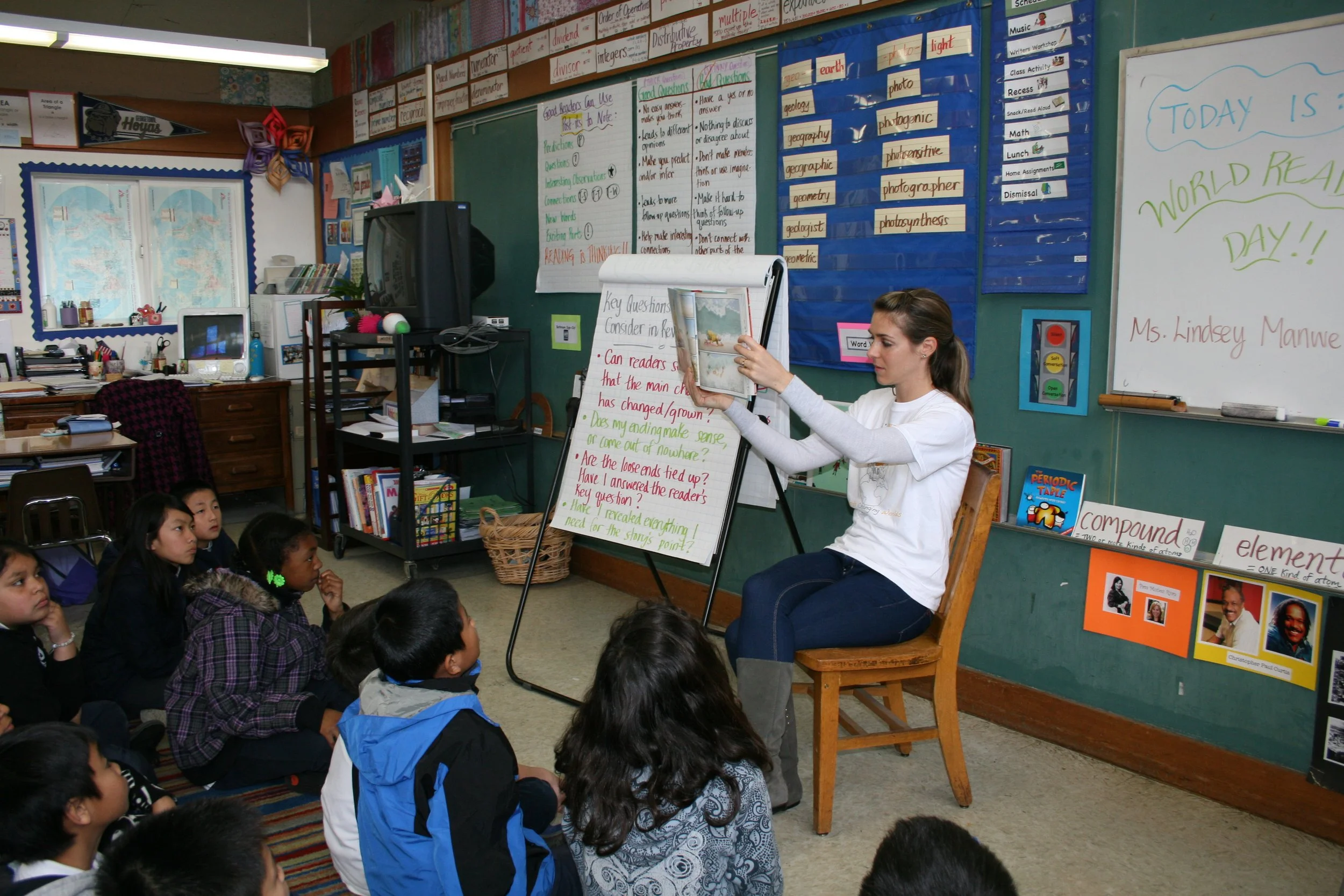Monica Nimmagadda, Research & Development Intern
I opt for print books instead of a Kindle or an iPad. I take notes on a Five Star notebook. My calendar and to-do lists are in a small planner. As a computer science major, a lot of my thinking, planning, and coding is even done on paper. There are many instances in which I use the “old way” over new technology, and while technology permeates all areas of my life from my daily agenda to my future career, I have the privilege of choosing how I get to use it.
The fact is, we live in a digital world. Today’s times are supposed to be better, more innovative, faster and easier than before. That may be true. Technology opens doors and allows all of us to become more efficient and effective in our daily lives. And for those who pursue careers in the tech industry, the socioeconomic benefits hopefully multiply. But while anyone can become skilled in using technology regardless of race, gender, or socioeconomic status, the opportunities we have to gain these skills aren’t available to everyone.
A masterful use of technology begins with exposure and comfort at a young age. A BBC study found that kids who play educational games on tablets are able to grasp theoretical concepts much quicker than their counterparts. Early exposure to technology is extremely beneficial, but limited access creates an unfair playing field for the schools and districts that cannot afford the technology and don’t have the resources to integrate it into their curriculum.
Which brings me to the question: Is digital literacy, or the ability of an individual to responsibly, appropriately and effectively use technology, a right or privilege? Digital literacy is so much more fundamental than programming or data analysis--it allows us to gain independence, collaborate with others, and includes the skills we use to access, manage, integrate, evaluate, create and communicate information.
Despite its importance, we move technology to the back burner in our efforts to teach literacy to children around the country and the world, focusing most immediately on traditional reading and writing. Meanwhile, the technology learning and achievement gap between those with a range of literacy tools and those without, widens.
It’s time to recognize the importance of technology in our efforts to get every child fully ready for the 21st century.
Using technology isn’t just an opportunity to open doors for potential jobs, it’s also a powerful way to communicate and share stories. LitWorld recognizes this and is one of few education nonprofits to have a program, Story21, which focuses on storytelling through technology across generations.
Story21 is a family program that combines reading, writing, storytelling, technology, and community. It’s important for kids to be comfortable to read and write using technology just as it is using pen and paper. As an intern, I went through the surveys we give the kids and parents after the program. The results are extremely positive. With the introduction and mastery of iPads and apps, kids and parents are able to use technology to enhance their learning together. Teaching the parents new skills creates a better environment for their kids to embrace technology and move forward with it.
It’s time to start allowing technology into education, for every child. More kids learning to grow with technology means more opportunities for those kids in the future, and greater innovations for our whole world as we benefit from the ideas and minds of every person, everywhere. We need to give all kids the chance to not only understand the digital world happening around them, but to participate, contribute and change that world with the power of their own stories.












